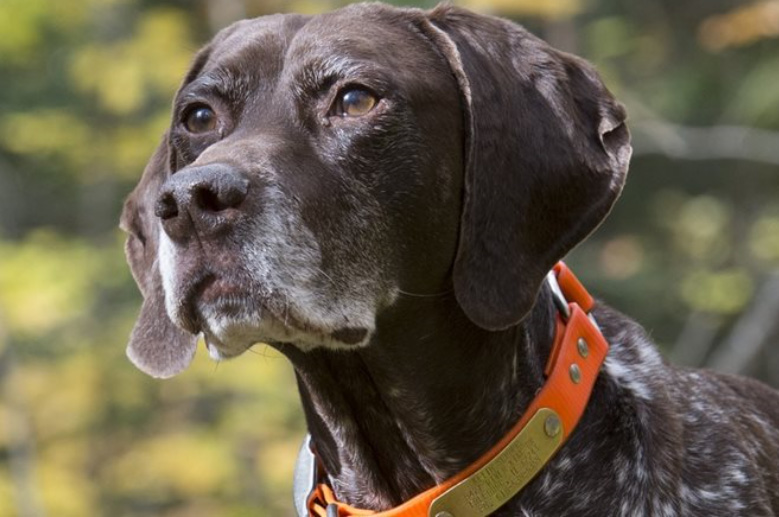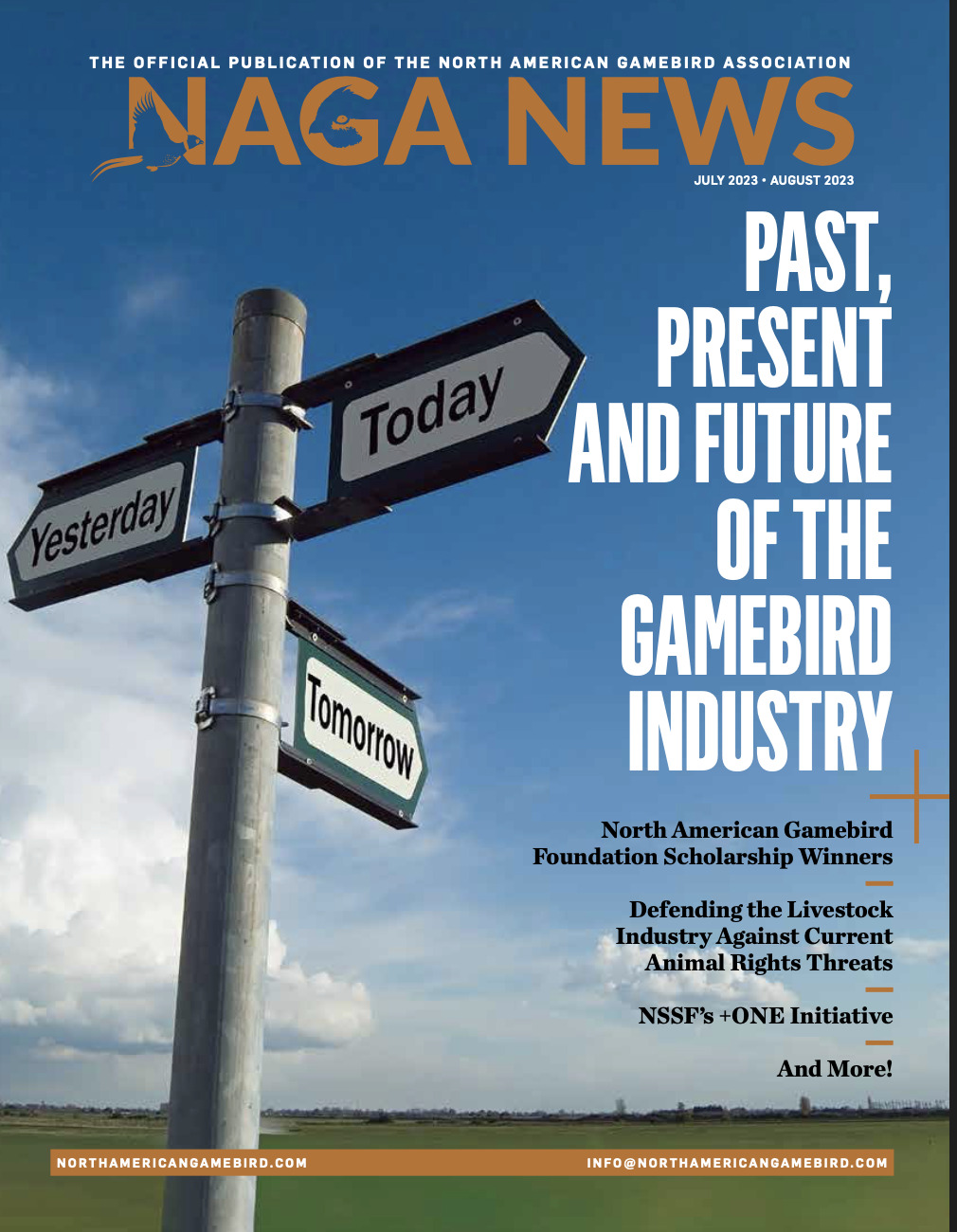
As your hardworking bird dog ages, he or she may run a little slower, his or her joints may be a little achier, and his or her muzzle may appear a little grayer.
Although the aging process cannot be stopped, using targeted nutritional and conditioning strategies that focus on maintaining wellness and longevity will help to support your senior sporting dog’s physical performance and cognitive health.
“Dogs can still be physically active through their senior years,” says research nutritionist Dr. Brian Zanghi, PhD. “However, it’s important to match the physical lifestyle to the age of your dog. Mobility, mental acuity and overall health become more important than speed and intensity.”
Age-appropriate exercise that focuses on maintaining a dog’s skills while accommodating an older dog’s physical limitations are critical. Shorter, less frequent bouts of exercise are best. Avoid extremely hot or cold weather, keep your dog hydrated and take rest breaks as needed.
Furthermore, studies have shown that properly feeding your dog to maintain ideal body condition, meaning the dog’s ribs are palpable without excess fat covering, plays a major role in sustaining wellness and longevity.
Keep a close eye on your dog’s body mass and do not allow him or her to become overweight, as extra weight puts unnecessary stress on joints. Low-impact exercise, such as swimming, is a great way to keep a dog lean. Daily exercise and walks also help support an ideal body condition.
When your dog begins to slow down, has “senior moments,” or nears retirement status, it is a good time to consider switching from a high-protein/high-fat performance food to a senior formula to maintain health and wellness.
“Senior dogs have special dietary needs,” Dr. Zanghi explains. “As a dog enters the senior life stage, glucose metabolism in the brain begins to change, potentially affecting memory, learning, awareness, and decision-making. Many senior dogs benefit from high-protein diets to help retain lean body mass, but that also are lower in fat to help maintain a healthy body condition.”
Targeted nutrients that can make a difference in an older dog include omega-3 fatty acids from fish oil to help promote joint health and mobility and medium-chain triglycerides, which, when added to the daily diet of dogs ages 7 and older, help to promote alertness and mental sharpness.
Zanghi recommends feeding senior hunting canines foods designed specifically for older dogs, which include enhanced botanical oils shown to promote alertness and mental sharpness.
He also recommends ingredients rich in high-quality proteins, such as chicken; brain-supporting nutrients for cognitive health, including arginine, DHA and EPA; antioxidants such as vitamins E and C, and B vitamins such as folic acid and pyridoxine.
EPA, an omega-3 fatty acid, is another helpful ingredient that supports health and mobility, as is glucosamine. Vitamin A and linoleic acid, an omega-6 fatty acid, promote a healthy skin and coat. Finally, he suggests looking for dog foods with a natural prebiotic fiber from wheat bran, which aids digestive health.
Bottom line? To slow the aging process while keeping your senior sporting dog healthy, consult your veterinarian and select high-quality, balanced foods from reputable brands such as NAGA Business Member Kalmbach Feeds.
Note: Photo and recommendations from Dr. Brian Zanghi provided by NAGA Conservation Partner Pheasants Forever.


